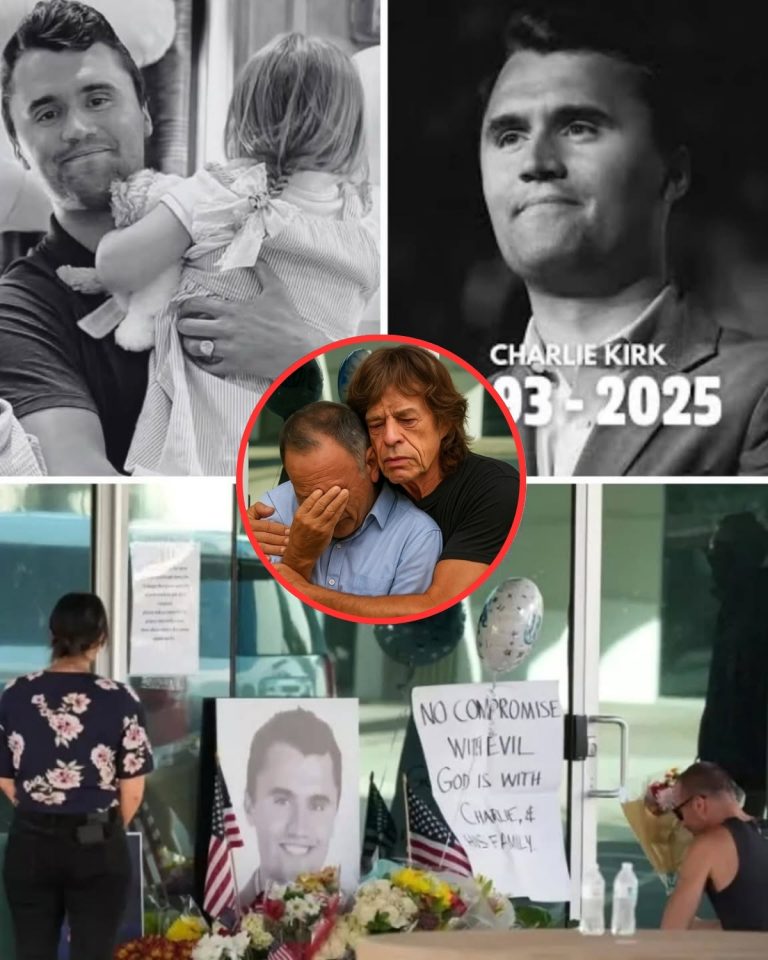For decades, Jeannie Seely was celebrated as one of the radiant voices of country music, a beloved star of the Grand Ole Opry who stood as a symbol of talent, grit, and survival. But now, at 90 years old, the icon has broken her silence — and what she has revealed threatens to rewrite the very legacy of the Opry itself.

According to Seely, everything changed on a fateful night in 1971. A sudden power outage during a live performance led her into a backstage corridor few had ever entered. There she stumbled upon the mysterious Room 6B — a room never mentioned in Opry programs, yet whispered about by insiders. What she encountered inside was nothing short of chilling: a powerful industry figure who delivered a warning so terrifying, Seely says it nearly ended her career before it had truly begun.
“I’ll never forget that voice,” she confessed. “They told me if I ever spoke about what happened that night, I’d never step foot on that stage again.”
Shaken and desperate, Seely destroyed one of her most treasured stage dresses later that evening — a symbolic act of defiance, but also a desperate attempt to rid herself of the darkness that had taken root in her heart. For over half a century, the Opry never acknowledged the incident. The whispers grew faint, fading into myth.
But fate had other plans. A young researcher recently unearthed one of Seely’s letters, hidden deep within the Opry’s private archives. The letter described, in haunting detail, the events of that night and the threats that followed. That discovery became the spark that pushed Seely to finally tell the world her truth.

Now, with a memoir reportedly in the works, Seely is naming what others have only hinted at: the Opry’s gilded history hides decades of systemic injustice, manipulation, and the silencing of women. “They built an empire on our voices,” she says, “but they tried to bury our stories.”
Her decision to donate her private letters to an independent archive ensures that the truth can no longer be buried. In those pages lies a record of intimidation, resilience, and courage — a record the Opry cannot erase.
Industry insiders are already bracing for the fallout. Younger artists are rallying behind Seely, praising her bravery, while others whisper fears of what else may surface if more women step forward. For the first time, the Opry’s carefully polished legacy hangs under a cloud of doubt.

And yet, Seely insists this is not about revenge. It is about remembrance — about reclaiming the power taken from her and ensuring future generations will not suffer in silence.
“The Opry will always be part of me,” she admits. “But so will Room 6B. I refuse to let them erase that truth any longer.”
As the Grand Ole Opry prepares to celebrate its centennial, Jeannie Seely’s revelation looms like a storm on the horizon. Her courage has transformed her from a celebrated performer into a symbol of survival and resistance.
Her voice may have once been confined to the stage, but today it carries a deeper message: some truths cannot be silenced — not by fear, not by power, and not by time.






